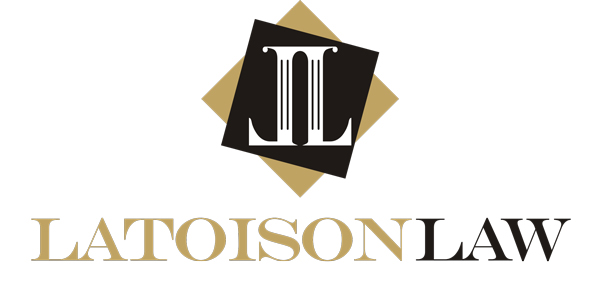Summary & Traffic Offenses
In Pennsylvania, a summary offense is an offense dealt with in District Court. Some of the most common types of summary offenses include disorderly conduct, harassment, criminal mischief, first offense shoplifting and underage drinking. Many violations of the Motor Vehicle Code are also characterized as summary offenses. Some include speeding, running a red light and illegal parking.
Enforcement of Summary Offenses
Summary offenses are generally enforced by a citation issued by a police officer. It can either be given to the defendant at the time of the offense, or it can be mailed to the defendant if no officer was present. For certain cases, such as disorderly conduct, the police officer may arrest the individual.
The Hearing
You always have the right to a private attorney at the District Court hearing. However, if the offense(s) involved will only result in a fine, you may not qualify for the Public Defender if you are unable to afford private counsel.
At the hearing, the police officer will be present and available to testify against you as well as offer pertinent evidence. You have the right to call your own witnesses on your behalf, and may take the stand yourself. Your attorney will determine if this is in your best interest.
After having the opportunity to make closing arguments, the District Judge will make a decision. If found guilty, the security paid, if any, will go towards the fines imposed. If found not guilty, the security paid will be returned to you.
Can I appeal?
If you want to appeal your summary conviction, you must do so within 30 days. The case will be tried in the Court of Common Pleas in the county of your arrest.
